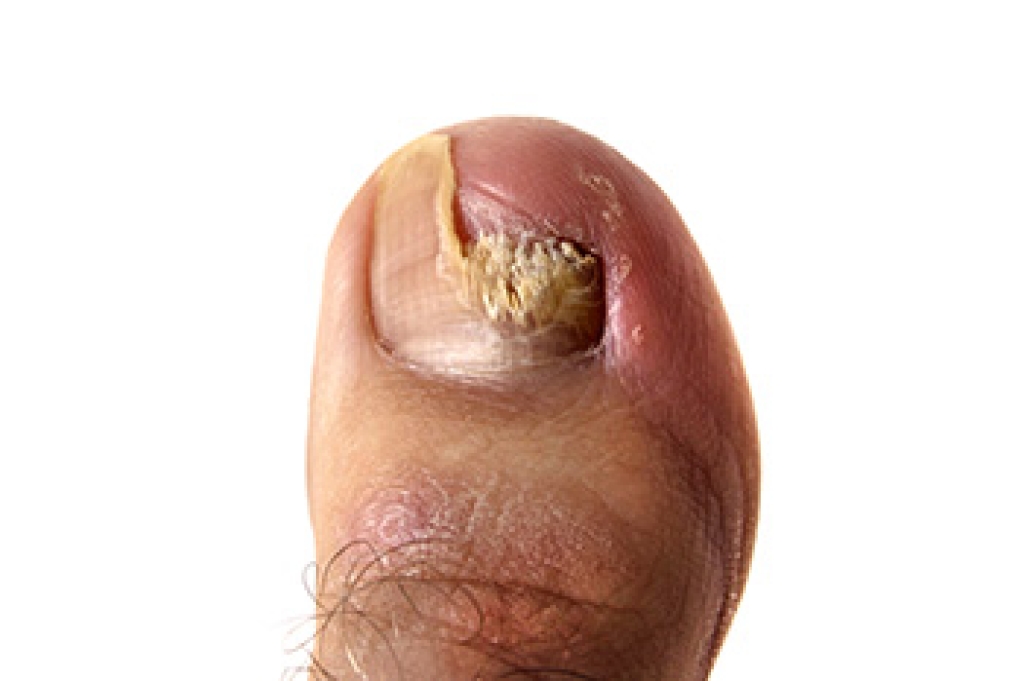
Pronation refers to the way the foot naturally rolls inward when it lands during running, helping to absorb shock and spread pressure evenly. Some pronation is normal and even helpful, but too much can place extra stress on the arches, ankles, and surrounding tissues. This may lead to common problems such as heel pain, shin splints, or repeated ankle sprains. Studies show that after about 45 minutes of running, the muscles that support the arch may become tired, which can cause the foot to roll inward more than it should. Over time, this can affect stability and increase the risk of injury. A podiatrist can check for signs of excessive pronation by observing foot posture and movement, and can offer treatment to improve comfort and reduce strain. In severe cases, surgery may be recommended to correct structural issues. If you have foot pain after running, it is suggested that you make an appointment with a podiatrist for treatment options.
If you have any concerns about your feet, contact one of our podiatrists from Nashville Family Foot Care. Our practitioners can provide the care you need to keep you pain-free and on your feet.
Biomechanics in Podiatry
Podiatric biomechanics is a particular sector of specialty podiatry with licensed practitioners who are trained to diagnose and treat conditions affecting the foot, ankle and lower leg. Biomechanics deals with the forces that act against the body, causing an interference with the biological structures. It focuses on the movement of the ankle, the foot and the forces that interact with them.
A History of Biomechanics
- Biomechanics dates back to the BC era in Egypt where evidence of professional foot care has been recorded.
- In 1974, biomechanics gained a higher profile from the studies of Merton Root, who claimed that by changing or controlling the forces between the ankle and the foot, corrections or conditions could be implemented to gain strength and coordination in the area.
Modern technological improvements are based on past theories and therapeutic processes that provide a better understanding of podiatric concepts for biomechanics. Computers can provide accurate information about the forces and patterns of the feet and lower legs.
Understanding biomechanics of the feet can help improve and eliminate pain, stopping further stress to the foot.
If you have any questions please feel free to contact our office located in Nashville, TN . We offer the newest diagnostic and treatment technologies for all your foot and ankle needs.




